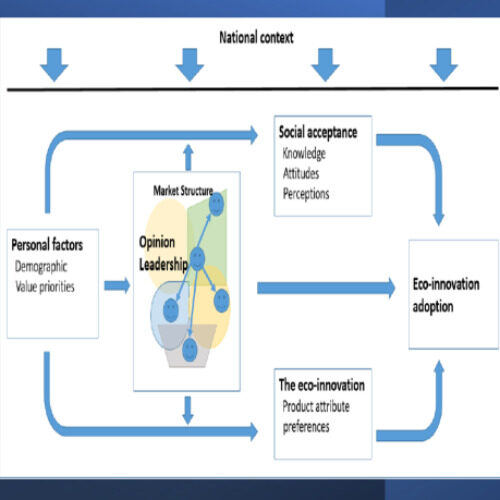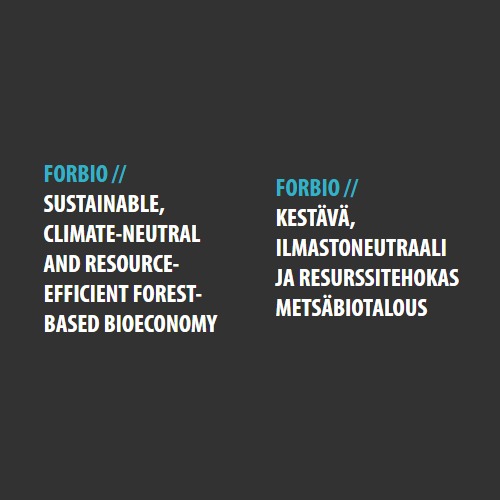
Towards a longitudinal model of eco-innovation adoption: A cross-national study (LOMO-ECO)
LOMO-ECO is an Academy of Finland funded project (2017-2021) that focuses on three wood-based eco-innovations – biofuels, textiles and plastics. The main objective of this project is to explain the slow diffusion of eco-innovations by developing and testing a longitudinal model of eco-innovation adoption.
Leaders
A problem frequently encountered by eco-innovations is their slow diffusion into markets. This study aims to explain the slow diffusion by developing and testing a longitudinal model of eco-innovation adoption. Four tasks explore the influence of consumers’ values on 1) social acceptance of eco-innovations 2) communication and opinion leadership 3) product attribute preferences 4) innovation adoption. Study combines theory from business and forestry science and uses a hybrid method approach to analyze data from three countries. Results have national and international relevance, increasing knowledge on how to 1) promote broad levels of public approval for eco- innovations 2) focus marketing efforts in order to increase their rate of adoption 3) support public policy in minimizing barriers to adoption. Research is conducted by University of Eastern Finland’s Business School and School of Forestry Sciences, M.S Swaminathan Research Foundation, India and Wageningen University, Netherlands.
Cooperation
-
Wageningen University, part of Wageningen University & Research, is the only university in the Netherlands that specifically focuses on the theme ‘healthy food and living environment’. Wageningen University's researchers are active around the globe, and the university hosts students from over 100 countries.
-
M S Swaminathan Research Foundation (MSSRF) established in 1988 is a not-for-profit trust. MSSRF was envisioned and founded by Professor M S Swaminathan, agriculture scientist with proceeds from the First World Food Prize that he received in 1987. The Foundation aims to accelerate use of modern science for sustainable agricultural and rural development.
-
The Oregon State University College of Forestry is an internationally recognized leader that is transforming education, research and policy for managing and sustaining working forest ecosystems in the 21st century.
-
 FORBIO
FORBIO -
 BIOBM Business models of born globals in a forest-based bioeconomy Finished 01.01.2017 - 31.12.2021
BIOBM Business models of born globals in a forest-based bioeconomy Finished 01.01.2017 - 31.12.2021


